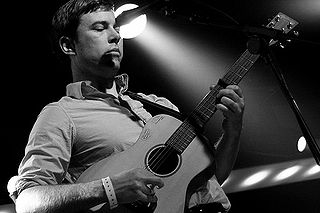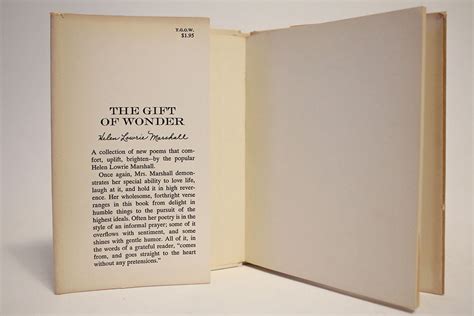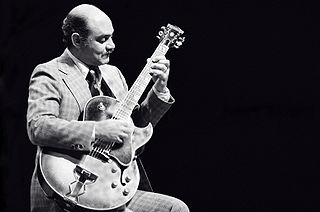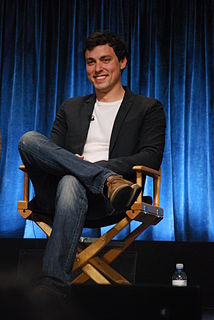A Quote by Lindsey Buckingham
Some days I would be there at ten in the morning and wouldn't leave till ten at night, and the others would waltz in for a couple of hours and then leave, because I was doing that painting thing. And they were happy to see that being done.
Related Quotes
Make sure your characters are worth spending ten hours with. That’s how long it takes to read a book. Reading a book is like being trapped in a room for ten hours with those characters. Think of your main characters as dinner guests. Would your friends want to spend ten hours with the characters you’ve created? Your characters can be loveable, or they can be evil, but they’d better be compelling. If not, your reader will be bored and leave.
The only thing that I would say to anyone doing late night shows is - it took me a couple years then - but when you leave the studio, it's over. That's what you really have to do. After a long time, I would be like, "Maybe I shouldn't have said this," or "Maybe I shouldn't have shown this." But eventually, I got to, "Ah, f - k it." That's what it was that night, tomorrow's the next night.
Every person has the power to make others happy. Some do it simply by entering a room others by leaving the room. Some individuals leave trails of gloom; others, trails of joy. Some leave trails of hate and bitterness; others, trails of love and harmony. Some leave trails of cynicism and pessimism; others trails of faith and optimism. Some leave trails of criticism and resignation; others trails of gratitude and hope. What kind of trails do you leave?
When people are not in a prison cell they believe they are free and happy. That's not true. Because in Istanbul, the modern person wakes up at 5 o'clock or 6 o'clock in the morning, gets on the bus for two hours to get to work, works at least ten hours, sometimes twelve or fourteen, then comes back home, just to make some money to pay for rent and food. That's not a human being's life. That's the life of a worm in the earth. That's the life of an insect.
We have amazing stunt performers and in Miguel Sapochnik, a director who's so good at spending hours and hours and hours on every shot beforehand, so that he knows exactly what he wants when he gets to the battlefield on the day. We only shoot ten-hour days, so you have to pack a lot into those ten hours.
I'd like the memory of me
to be a happy one.
I'd like to leave an afterglow
of smiles when life is done.
I'd like to leave an echo
whispering softly down the ways,
Of happy times and laughing times
and bright and sunny days.
I'd like the tears of those who grieve,
to dry before the sun
of happy memories
that I leave when life is done.
If we dreamed the same thing every night, it would affect us much as the objects we see every day. And if a common workman were sure to dream every night for twelve hours that he was a king, I believe he would be almost as happy as a king who should dream every night for twelve hours on end that he was a common workman.
Since 1950 I have been keeping a film diary. I have been walking around with my Bolex and reacting to the immediate reality: situations, friends, New York, seasons of the year. On some days I shoot ten frames, on others ten seconds, still on others ten minutes. Or I shoot nothing. Walden contains material from the years 1964-1968 strung together in chronological order.
Sometimes, when I talk to someone who has just been diagnosed with cancer or some other illness, I'll remind them: "If you were honest with yourself, you were depressed before this happened. And if this were over you would be happy for a couple of weeks, a couple of months, and then something else would come along."
I grew up playing the guitar. I started when I was nine, and by the time I was nine and a half or ten, I was doing seven or eight hours' practice every day. I did two hours' practice at six o'clock in the morning before I went to school, and another two hours as soon as I got home from school in the afternoon. Then I did four hours at night before I went to bed. I did that until I was fourteen or fifteen.
Another thing that makes the process different is we go in there and are completely immersed in [that] world for however many weeks and then we would leave and they would be animating for however many weeks and we wouldn't have anything to do with it. Then we would come back and see all this work that they had done. So it just took a lot more time than it would on anything else.
He was magnificent; very clever with outstanding technique. He could pass the ball over five yards or fifty; he could see things to set up other people; he could shoot and he could score goals. If you gave me Paul Scholes and ten others, I would be happy. I would tell them to give him the ball and then we would have a good team.




































